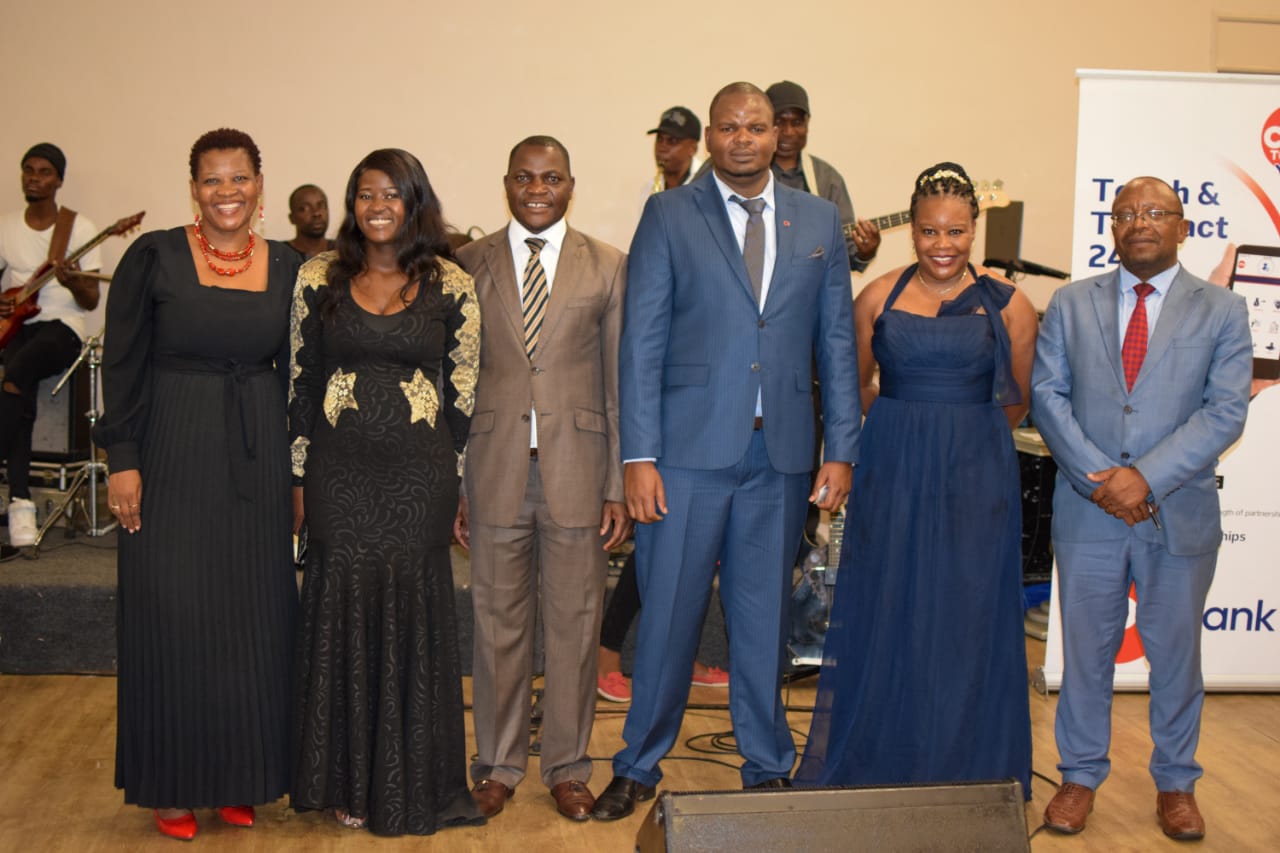|
Getting your Trinity Audio player ready…
|
By Hillary Munedzi
The Rural Enterprise Development Trust (REDT) said Zimbabwe’s educated youths have the requisite skills and capabilities required to create wealth within the economy and investing in their rural homes can be a panacea to youth unemployment.
Speaking during the REDT first anniversary, REDT chairman, Mr. Joseph Israel Thompson said entrepreneurship should be promoted from a tender age in the education system and the Trust is helping youths to start their businesses through mentorship programs since the education system is creating employees in an environment which is requiring business people.
Unofficial statistics project Zimbabwe as having an unemployment rate of 95% with educated youths aged between 15 and 35 years failing to make ends meet due to a number of factors including climate change, and low industrial capacity utilisation.
About 60% of Africa’s population is younger than 25, and more than a third is aged between 15-34 years old. By 2100, Africa will have the world’s youngest population with a median age of 35.
According to the African Youth Survey of 2022, youths feel that there are no investment opportunities in Africa and that going abroad is the only better option.
“Our main focus as REDT is to expose opportunities in rural areas and market them to our members, to outsiders so that they can make investments in rural areas that have untapped potential and where the land is cheap. There are abundant resources that are not yet exploited. There are no issues like congestion, load shedding, or sewer problems.
“So the rural area is a place that is having a lot of untapped potentials. The REDT vision is to try and curb rural-to-urban migration and also migration out of Zimbabwe because a lot of people think that there are no more opportunities in Zimbabwe. Yet we have foreigners (the so-called investors) who are coming to grab the opportunities in rural areas,” said Mr. Thompson.
With base minerals on an all-time high, with Zimbabwe having abundant and fertile land, calls have been made to value add on traditional foods in the face of climate change with the diaspora community being urged to invest in the agriculture, mining, and food processing business in Africa.
“We have a lot of Zimbabweans who have a lot of capital but they have not been thinking about investing in rural areas. We have people in the diaspora who have money and people in towns and if you check on the rate of armed robberies that you hear in Harare and the amount of cash that is being stolen from houses, it translates to thousands and millions of dollars per month and that money can be channeled to investment in the rural areas and address the challenge of people who are crowding in towns. There is a need to invest in rural areas where there is abundant land.
“So imagine if we could channel that money and build facilities that we have in towns like swimming pools. We are going into the festive season right now and the diaspora community will be visiting their rural homes. Do they have the amenities, and facilities that you find in towns? There is a need to invest in rural tourism,” he said.
Different speakers graced the REDT event. Motivational speaker, Mr. Arthur Marara, and the Wemine Managing Director, Nyasha Magadhi educated the audience on how they can formalize their mining activities and attract investors.
